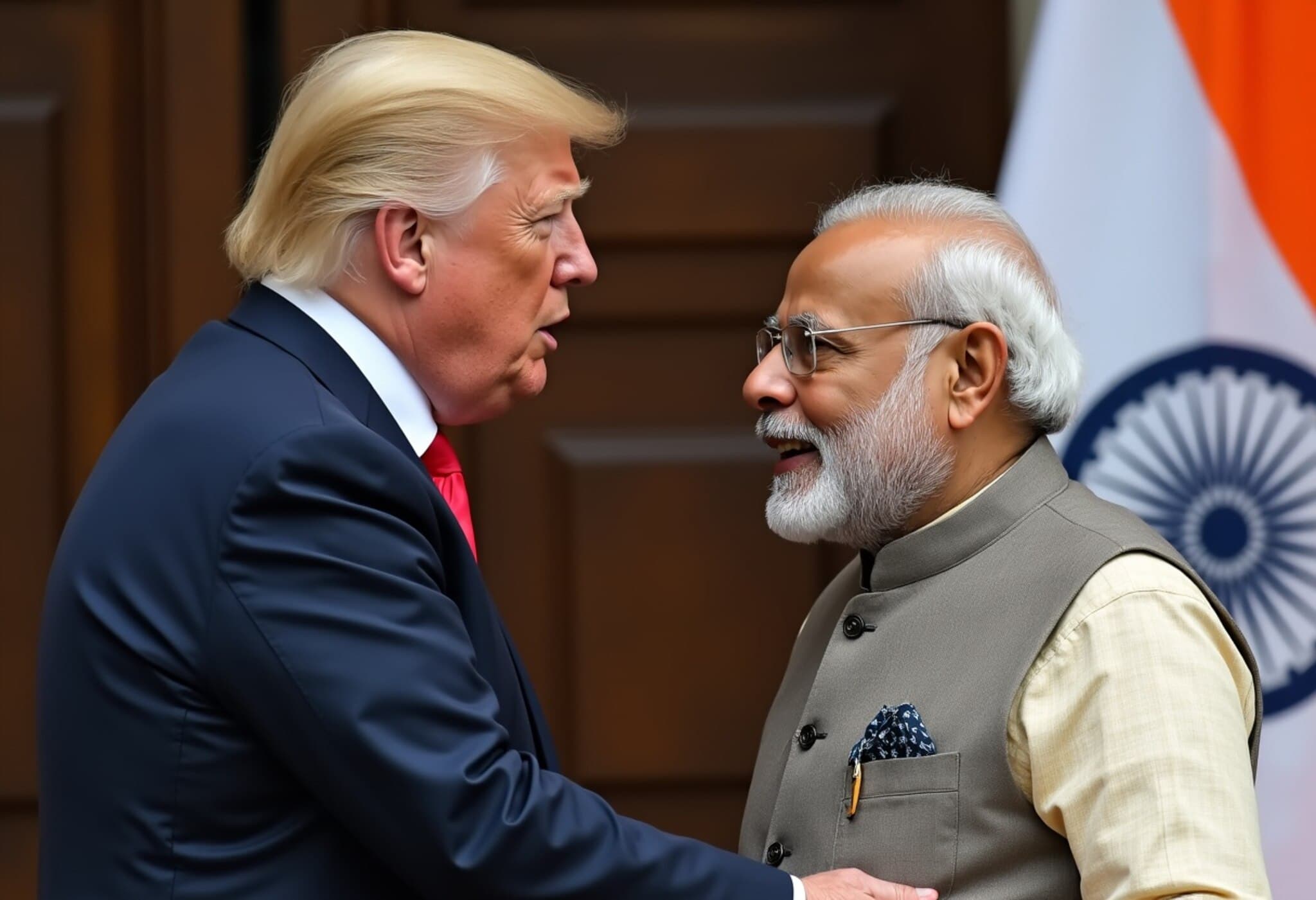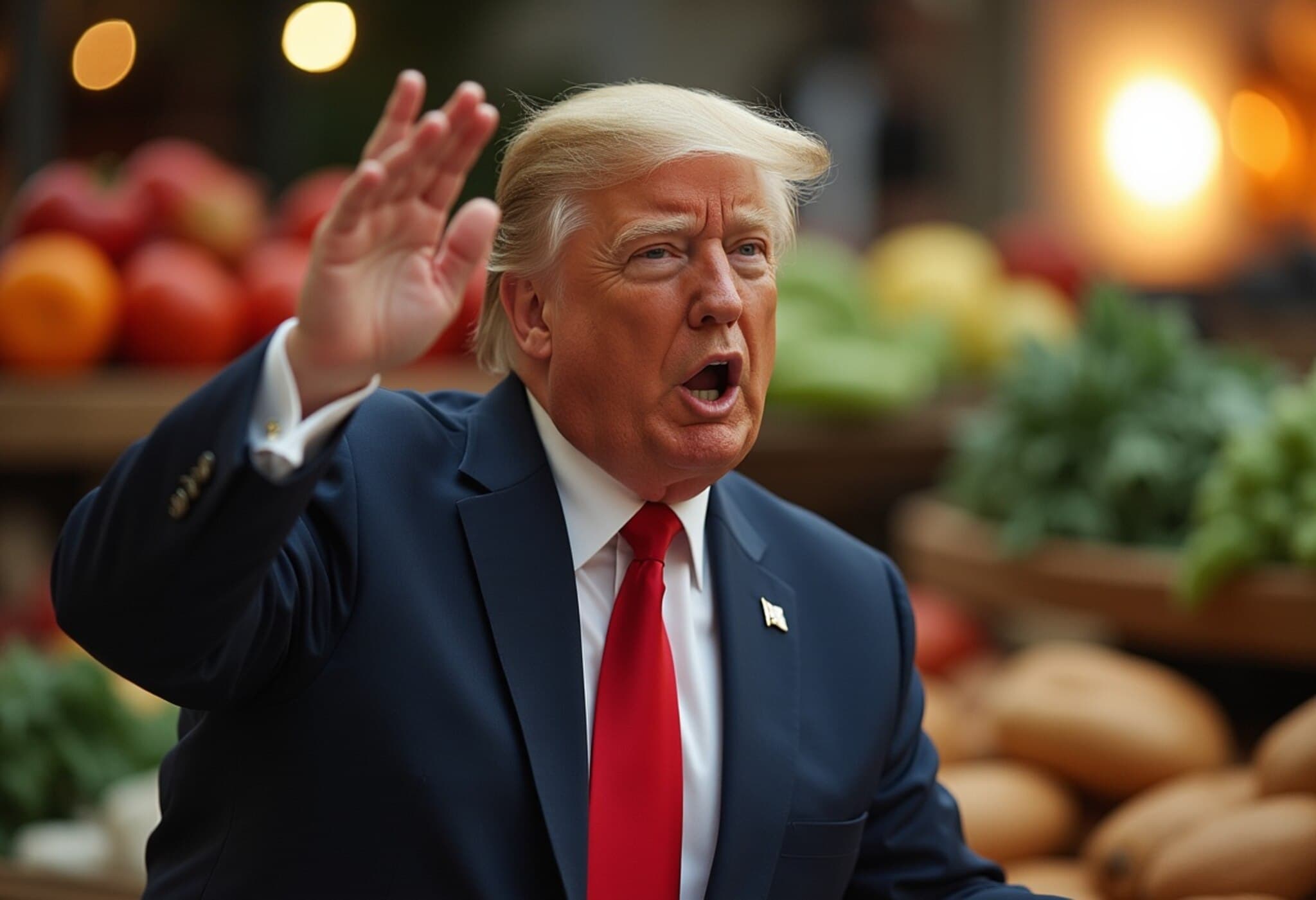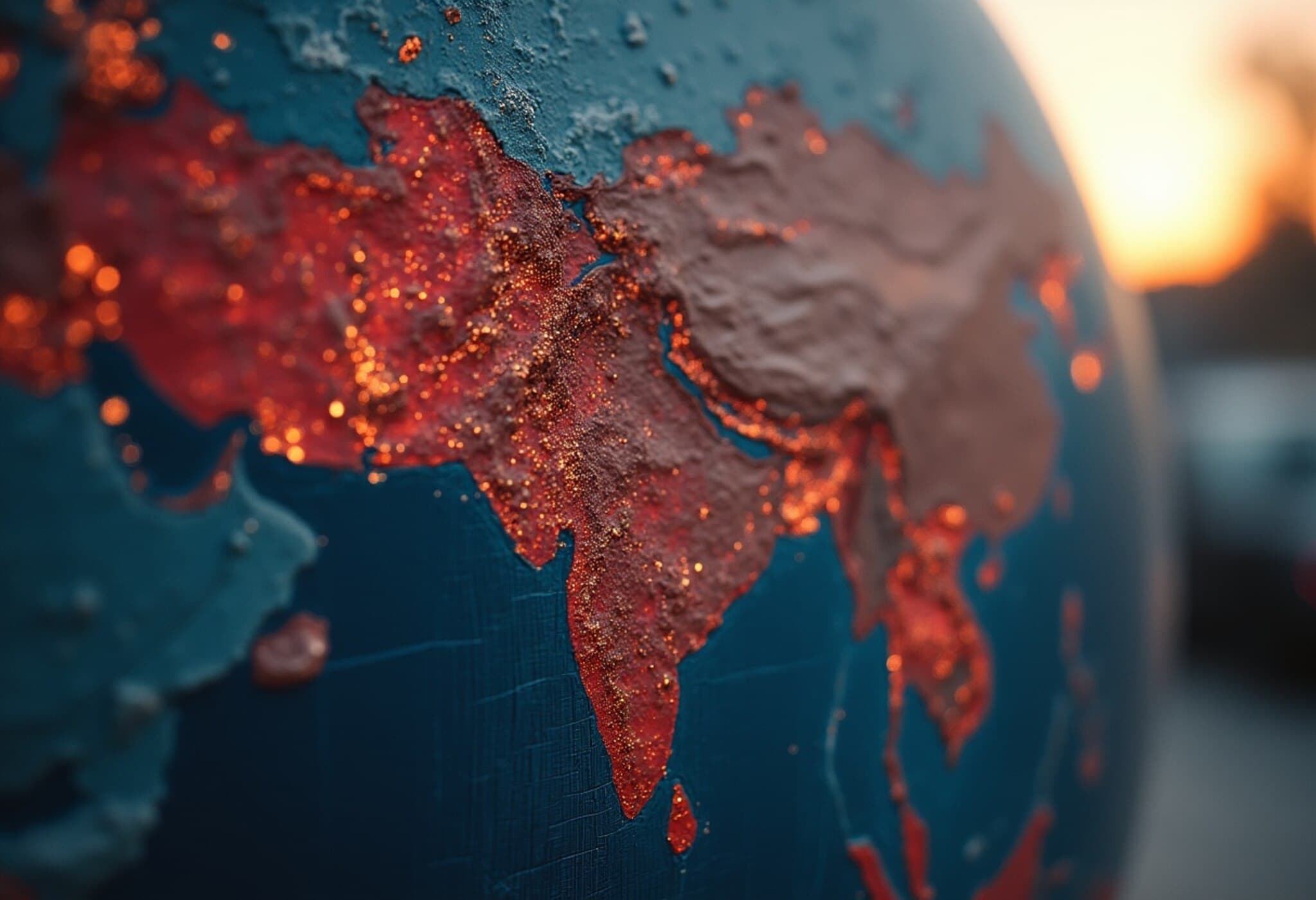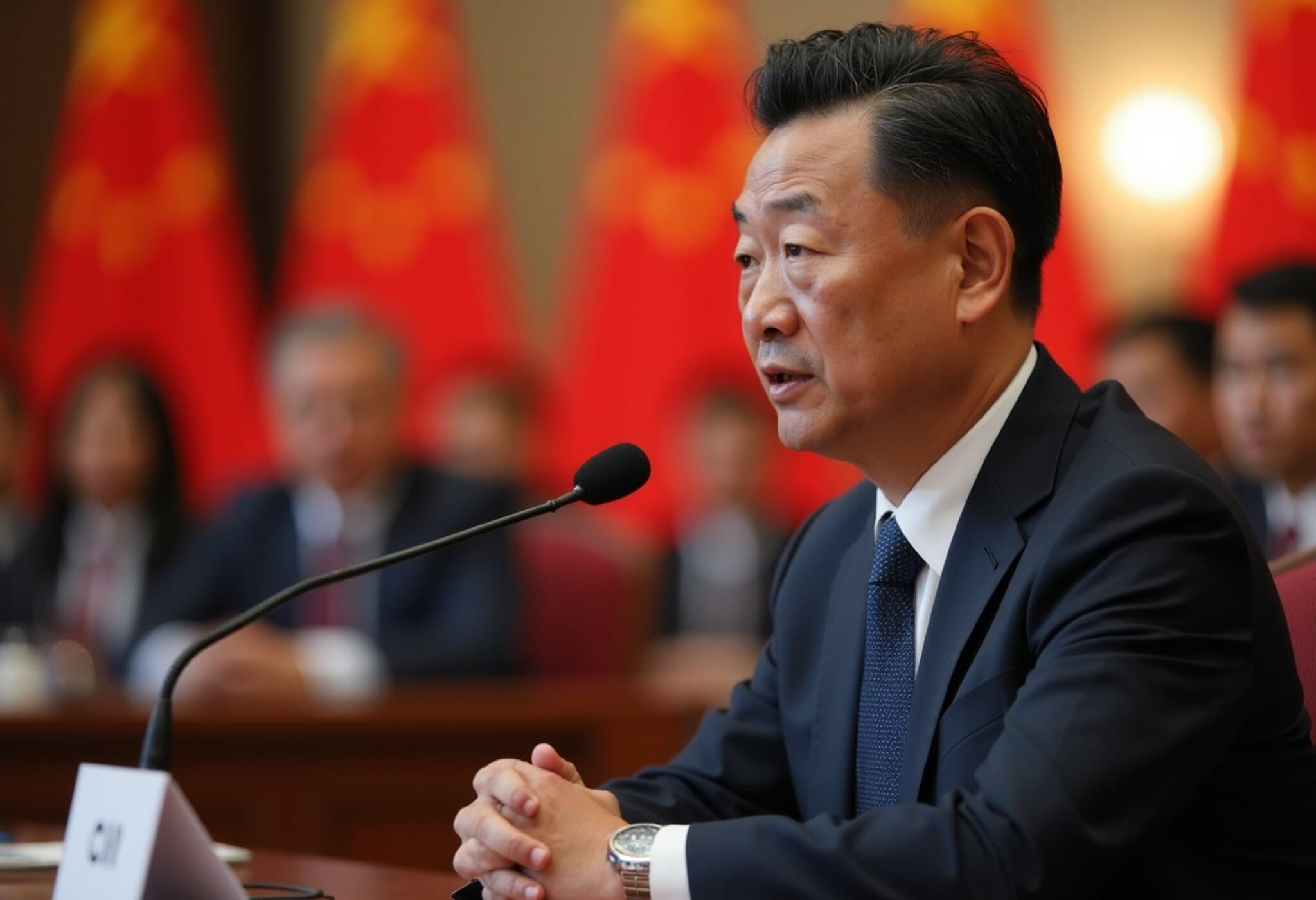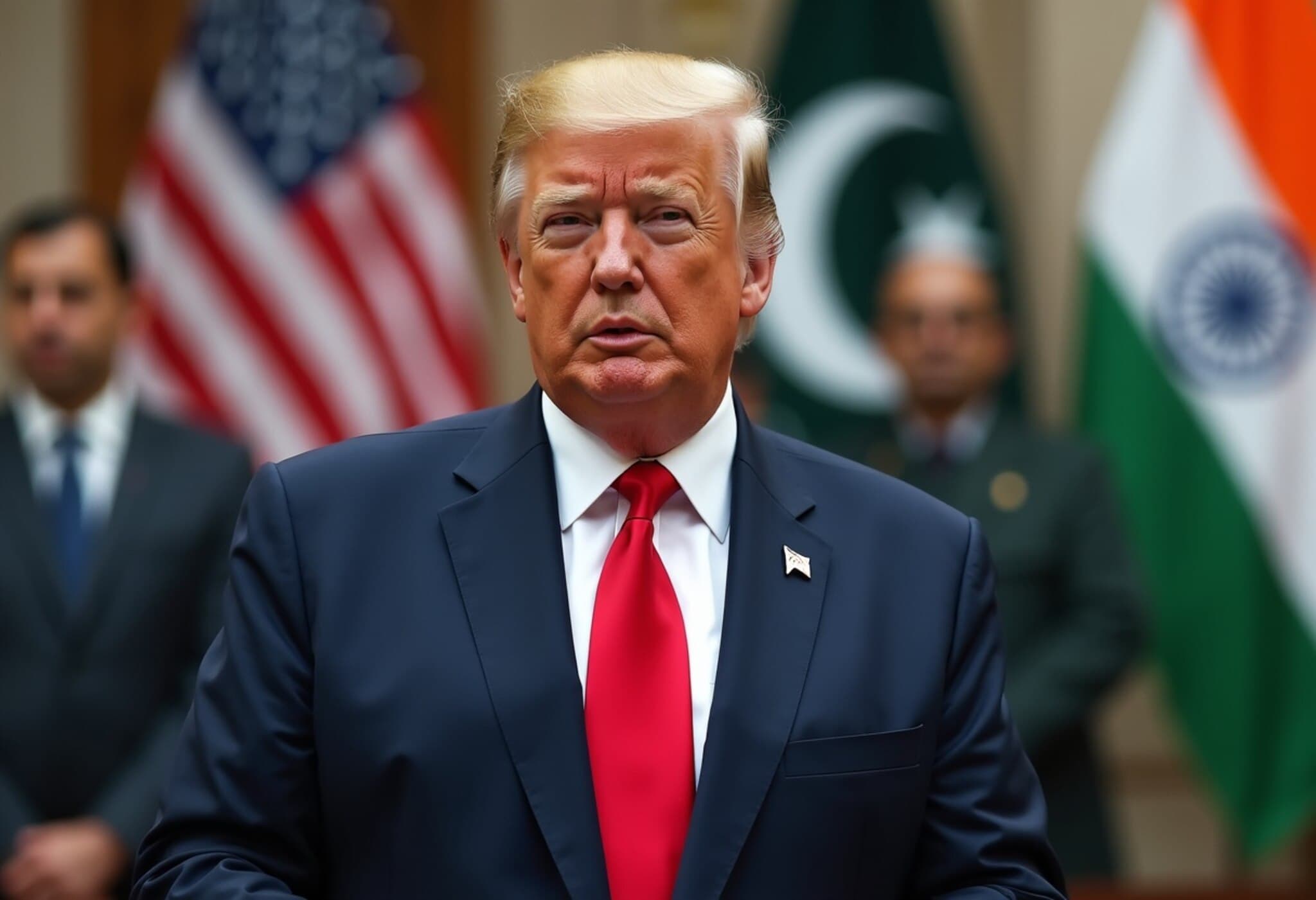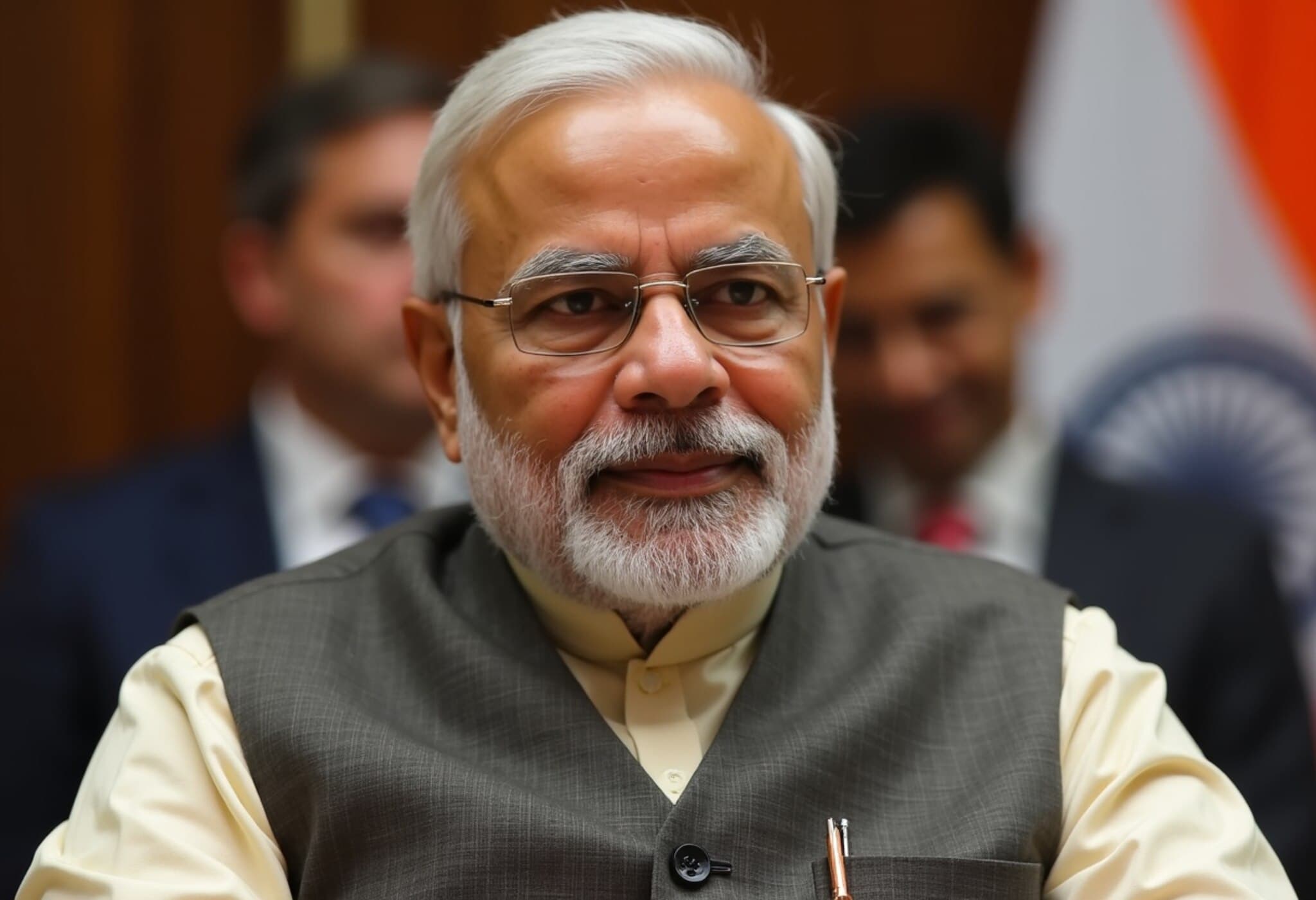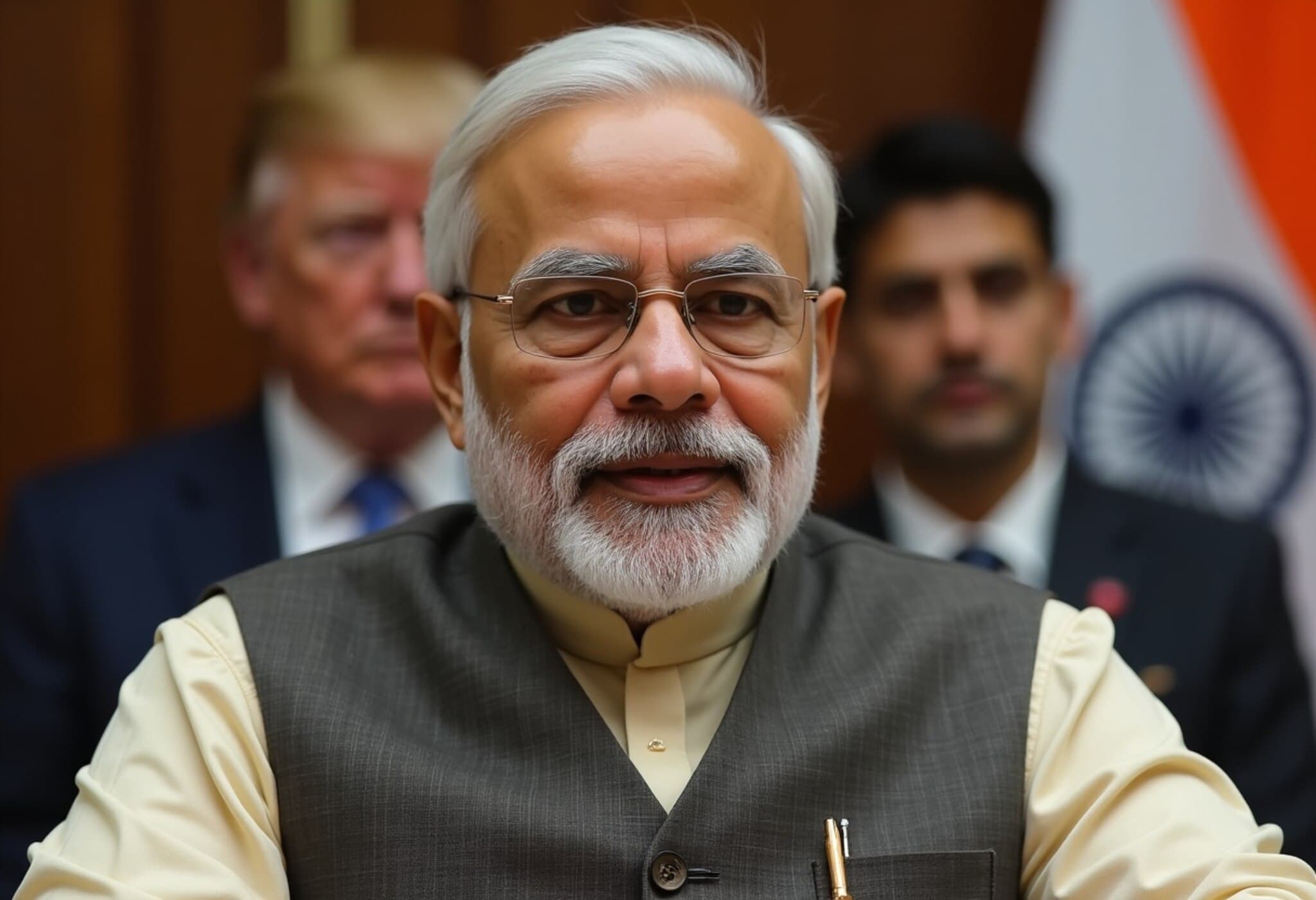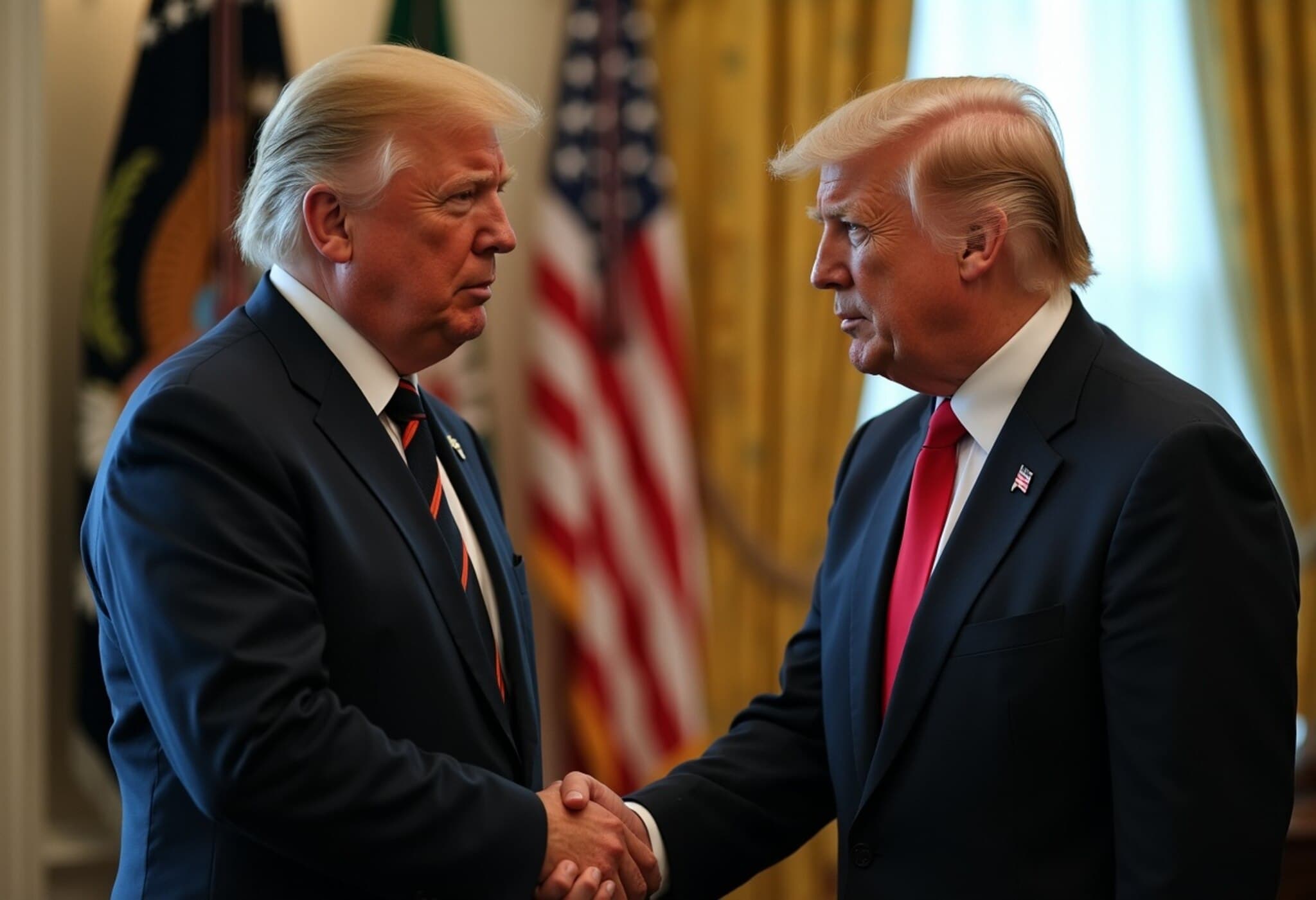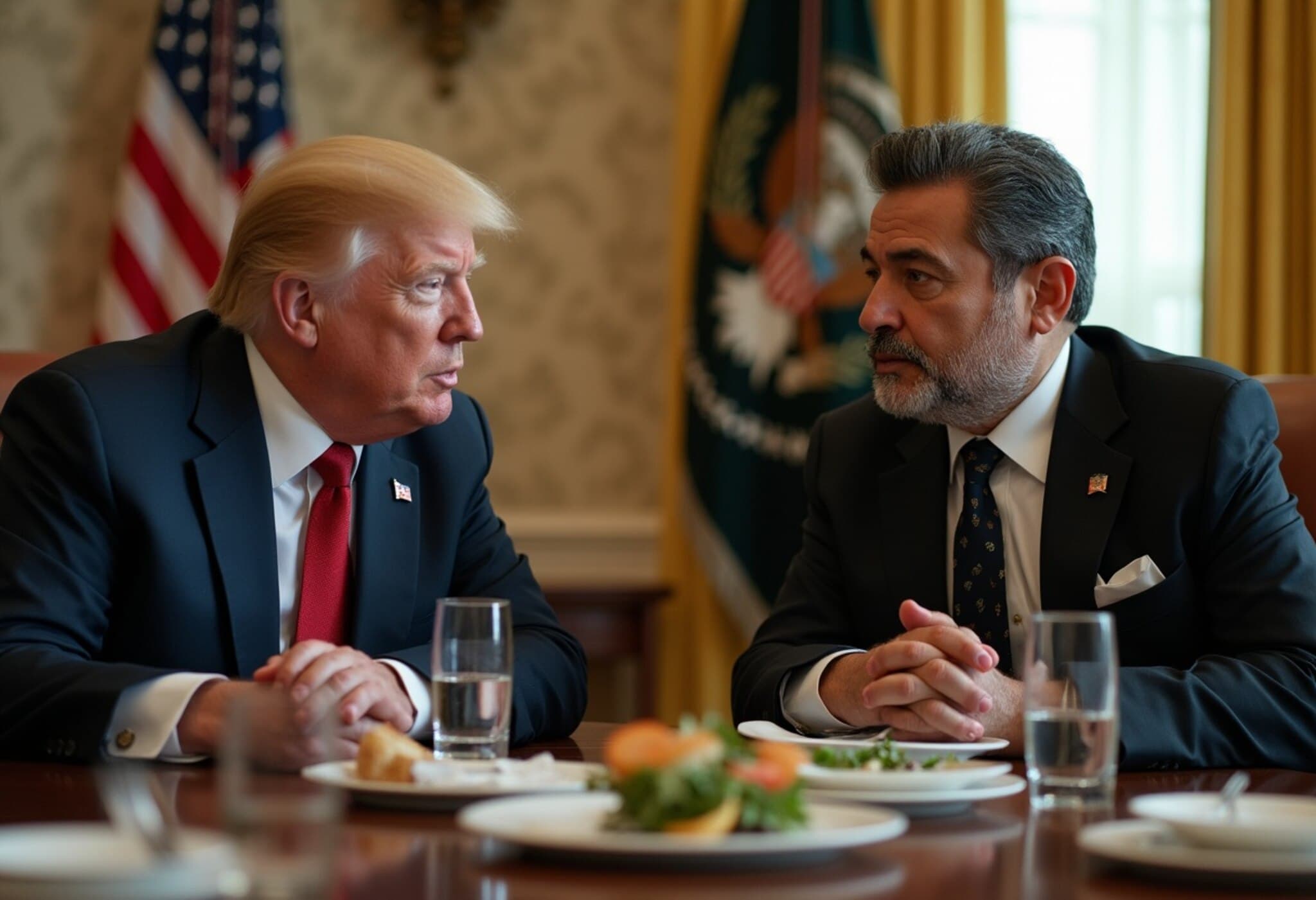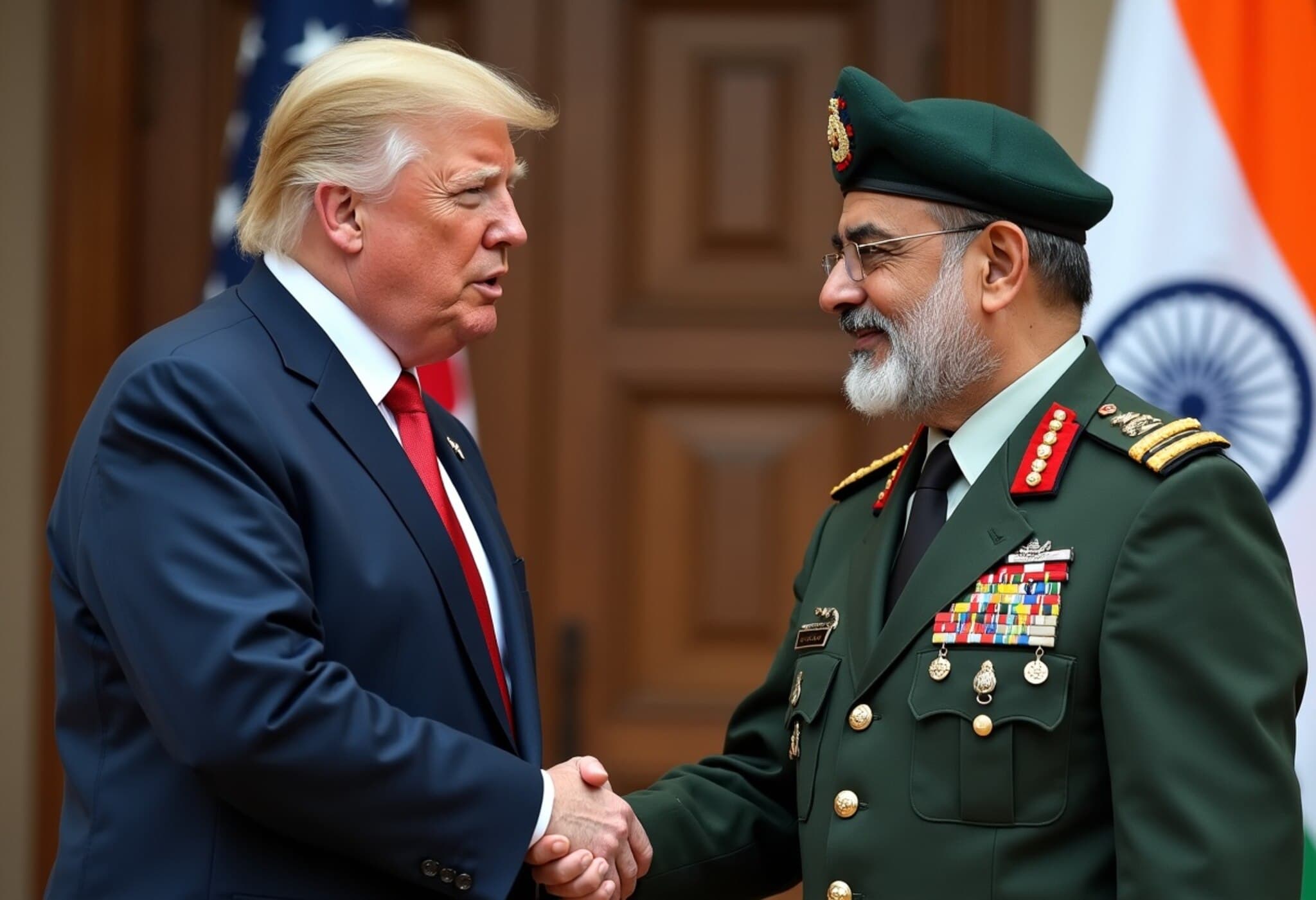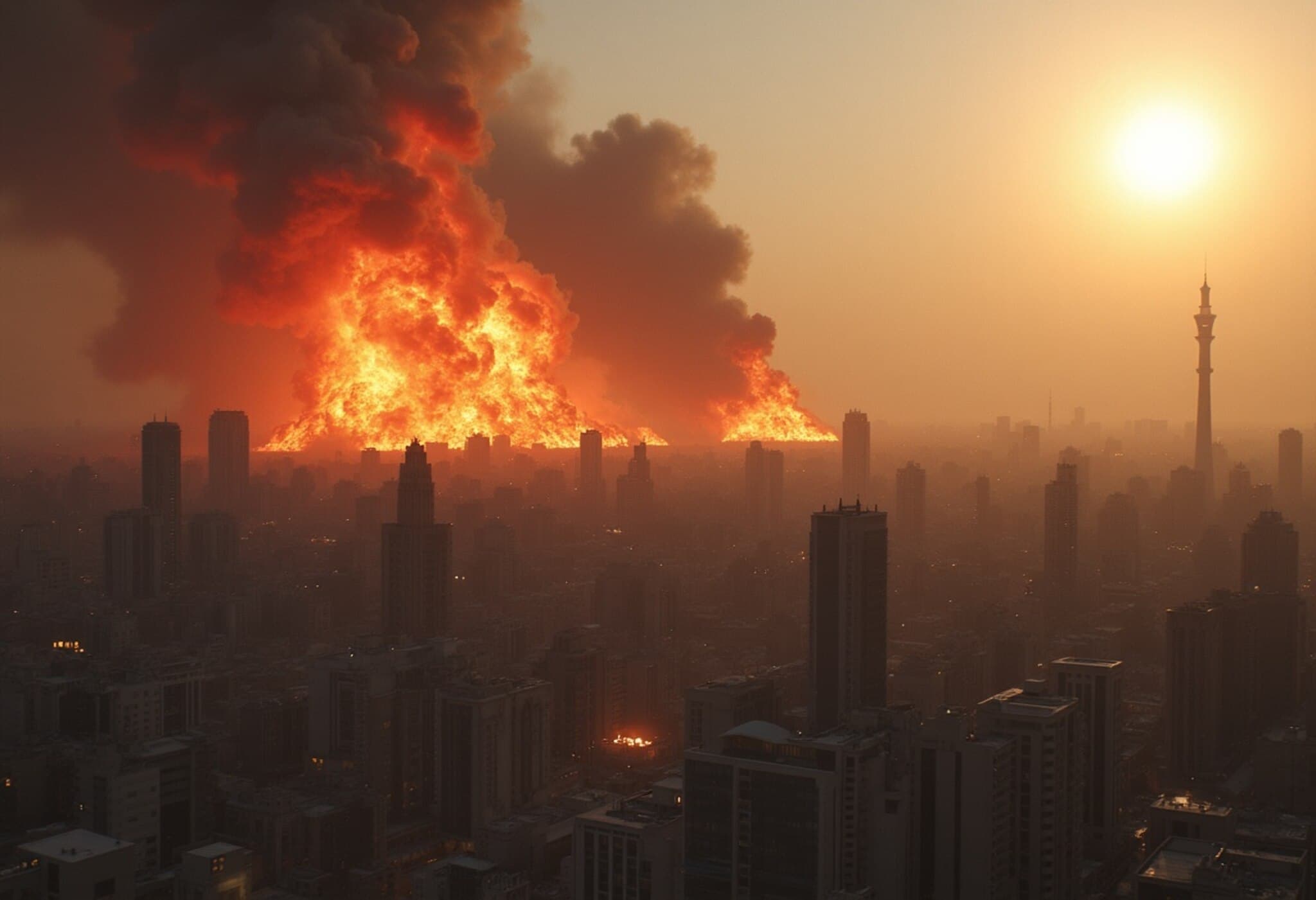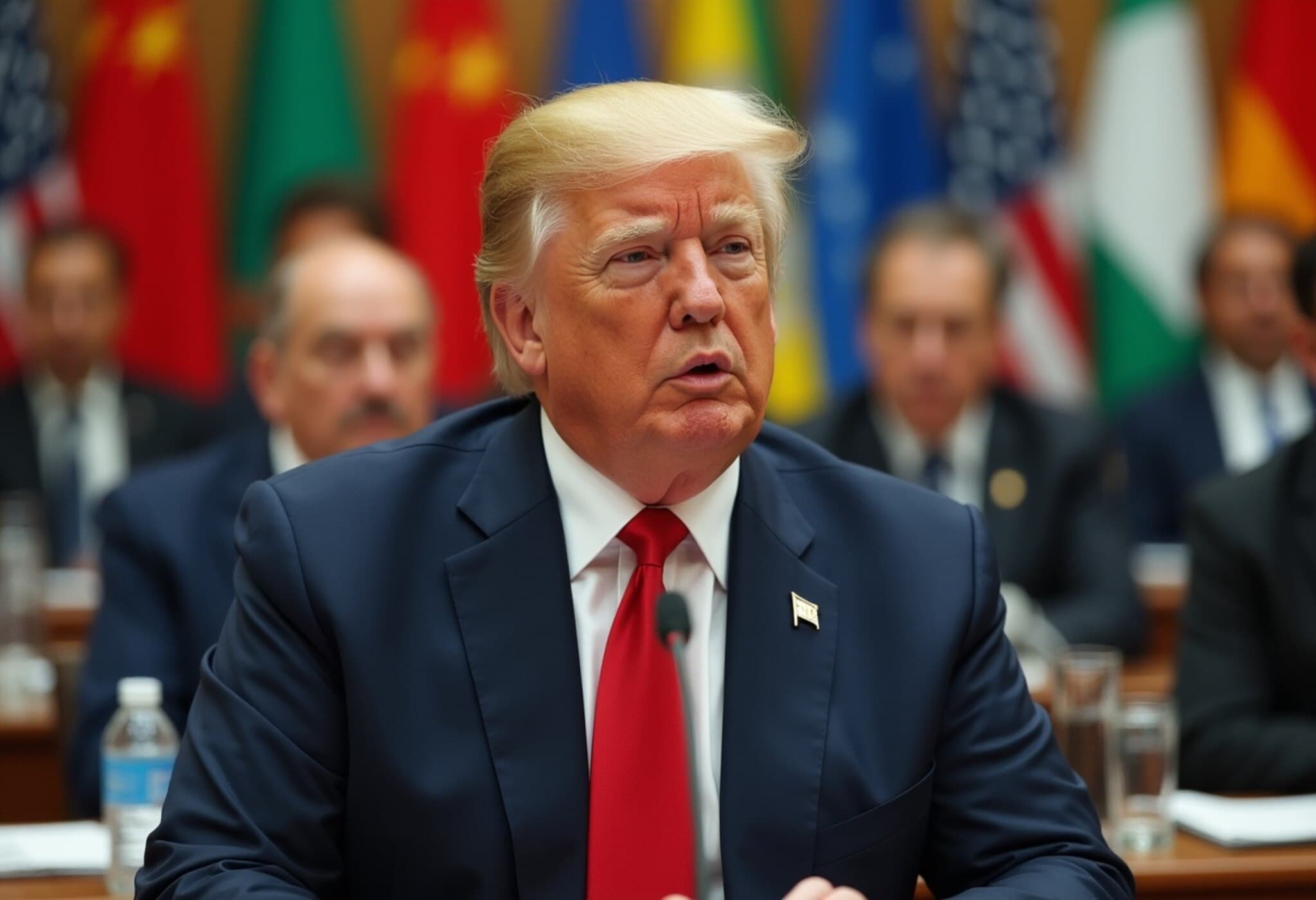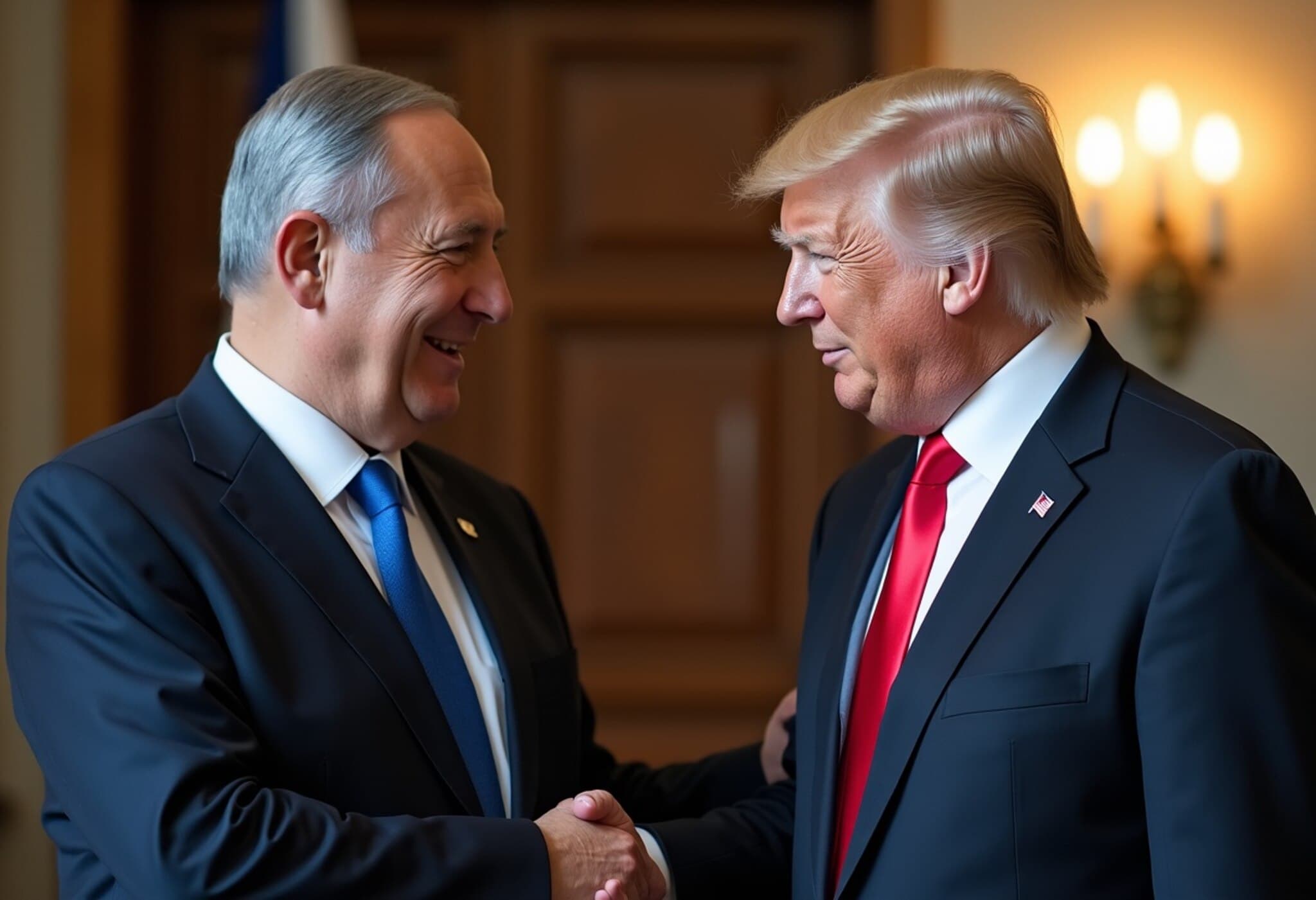Trump Reiterates Role in India-Pakistan Ceasefire, Modi Contradicts
On July 7, 2025, United States President Donald Trump publicly claimed that his administration played a pivotal role in brokering a ceasefire between India and Pakistan, potentially averting a wider conflict between two nuclear-armed neighbors. Speaking at a White House event with Israeli Prime Minister Benjamin Netanyahu, Trump credited US diplomatic pressure, particularly economic leverage, for halting the fighting.
"We Stopped a Lot of Fights," Trump Declares
Addressing reporters, Trump emphasized, "We stopped a lot of fights, very, very big one was India and Pakistan. We stopped that over trade." He added that his administration warned both India and Pakistan that the United States would refrain from engaging in any trade arrangements if hostilities continued, underscoring the gravity of the conflict, which reportedly approached a "nuclear stage."
This is not the first time Trump has asserted his influence on the India-Pakistan standoff. His statements seek to frame his foreign policy legacy around conflict resolution, aligning with his broader diplomatic efforts such as the Abraham Accords in the Middle East.
Netanyahu Nominates Trump for Nobel Peace Prize
In a supportive gesture, Israeli Prime Minister Netanyahu presented Trump with a nomination letter for the Nobel Peace Prize during their White House dinner. Netanyahu praised Trump’s peace initiatives globally, including the Abraham Accords and ongoing efforts in multiple regions, asserting the prize would be a deserving recognition of Trump’s achievements. Trump expressed surprise and gratitude for the nomination, calling it a meaningful accolade.
Indian Prime Minister Narendra Modi Refutes US Mediation Claims
Contrasting Trump’s narrative, Indian Prime Minister Narendra Modi made it clear in a phone call to Trump after the G7 Summit that India neither sought nor discussed US mediation during the conflict. According to India’s Foreign Secretary Vikram Misri, Modi emphasized that the ceasefire dialogue happened directly between India and Pakistan through established military communication channels and was initiated at Pakistan’s request. Modi categorically stated that India does not and will never accept third-party mediation on this matter.
Furthermore, Modi denied that any India-US trade deal had been part of the discussions, countering Trump’s suggestion that trade was leveraged to stop the conflict. The Indian government also highlighted that there is unanimous political consensus within India regarding this stance.
Diplomatic Nuances and Regional Implications
This divergence between Trump’s public claims and India’s official position raises important questions about international diplomacy and the narratives surrounding conflict resolution. India’s rejection of US mediation reflects its longstanding policy of bilateral engagement with Pakistan, avoiding third-party interventions in Kashmir and related disputes.
From a US policy perspective, President Trump’s assertions align with his broader strategy of leveraging economic relationships to influence foreign governments. However, the contrasting statements highlight the delicate balance of international diplomacy where messaging can sometimes prioritize political capital over on-the-ground realities.
Expert Insight
Dr. Ayesha Khalid, a South Asia policy analyst, notes, "The India-Pakistan ceasefire illustrates the complexity of high-stakes diplomacy where multiple actors claim influence. While US involvement is always significant given its global stature, the primary dynamics between India and Pakistan remain bilateral. Recognizing this is essential for accurately understanding conflict management in the region."
Moreover, the episode underscores the political utility for leaders to claim credit for peace processes amid contentious geopolitical environments, especially in the run-up to electoral cycles or international standing campaigns.
What’s Next?
- Continued monitoring of India-Pakistan relations to assess long-term impact of the ceasefire.
- Further examination of US diplomatic roles and claims in South Asia peace processes.
- Analysis of how public narratives shape international perceptions and bilateral trust.
Editor’s Note
The contrasting accounts of the India-Pakistan ceasefire between President Trump and Prime Minister Modi invite readers to consider the complexities of diplomatic credit-claiming and narrative framing. While Trump’s administration may have aimed to position itself as a global peace broker, India’s firm denial of mediation underscores the sovereign agency nations seek to maintain. For observers and policymakers, this serves as a reminder to critically evaluate the interplay of political messaging versus documented facts in international diplomacy.

